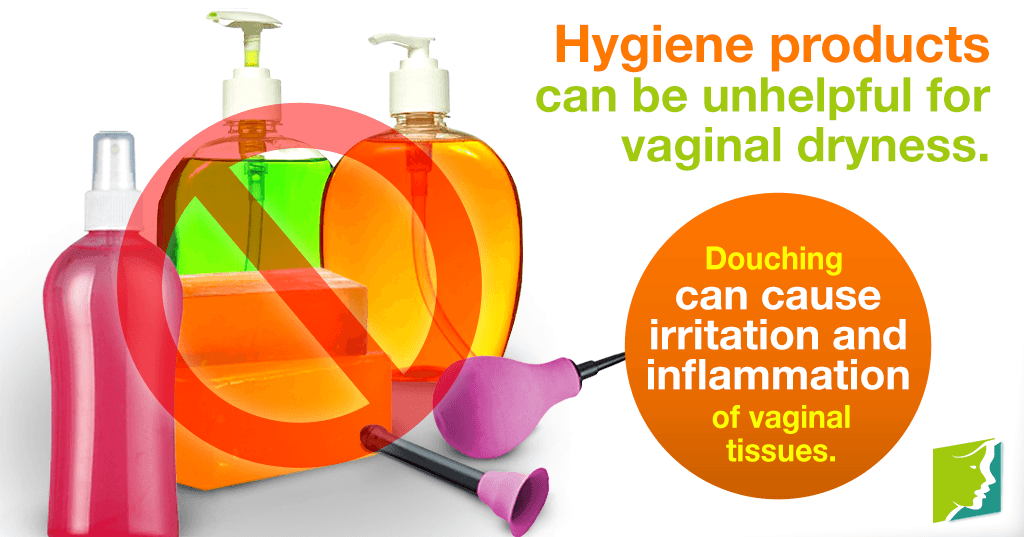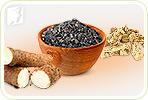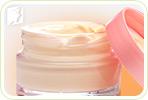Your body relies on the hormones estrogen and progesterone to produce adequate lubrication for your vagina. During perimenopause and menopause, it's common for some women to experience vaginal dryness, as fewer secretions are produced.
What Is Vaginal Dryness?
Vaginal dryness occurs when the vagina loses its normal levels of moisture and elasticity. It can happen to women of all ages, but it's most prevalent during menopause. Women may experience the following symptoms:
- Burning during urination
- Light bleeding after intercourse
- Painful sexual intercourse
- Slight or abnormal vaginal discharge
- Vaginal soreness, itching, or inflammation
What Are the Common Causes of Vaginal Dryness?
The prevailing cause of vaginal dryness is hormonal imbalance. Estrogen, the main hormone responsible for keeping the vagina lubricated, begins to taper off during menopause. This decline causes vaginal tissue to shrink and become thinner, which, in turn, creates dryness and inflammation.
However, other factors can exacerbate vaginal dryness, such as:
- Scented soaps, lotions, or perfumes
- Some laundry detergents
- Douching
- Tampons
- Certain medications
- Smoking
While hormone imbalance occurs most often in menopausal women, it can also affect those who have premature ovarian failure, eating disorders, thyroid issues, or other rarer diseases. It may also affect women who have recently given birth, are breastfeeding, feel intense stress or depression, are overweight (especially if they have developed insulin resistance), or have gone through cancer therapy.
What Are Some Natural Remedies for Vaginal Dryness?
There is a range of natural remedies and lifestyle changes that can help to combat vaginal dryness and hormonal imbalance. The following lists outlines some suggestions to manage vaginal dryness.
- Foreplay. The vagina may take more time to become properly lubricated during menopause, so try more manual stimulation.
- Lubricants. There are a number of types of lubricants out there. Water-based lubricants and vaginal moisturizers can be purchased without a prescription. For more natural lubricants, try vitamin E or olive oil.
- Soy products. Research is emerging that indicates foods such as tofu, soymilk, and edamame may contain substances with a similar, albeit weaker, effect as estrogen, which can alleviate vaginal dryness.
- Herbal remedies. Some women use red clover or black cohosh for vaginal dryness.
Keep in mind that petrol-based lubricants can damage or dissolve condoms, but most pharmacists will be able to provide the necessary guidance to avoid this problem.
Read more detailed information on treatments for vaginal dryness.
Sources
- Storck, S. (2013). Vaginal dryness. Retrieved May 11, 2015, from http://www.nlm.nih.gov/medlineplus/ency/article/000892.htm.
- Storck, S. (2013). Vaginal dryness alternative treatments. Retrieved May 11, 2015, from http://umm.edu/health/medical/ency/articles/vaginal-dryness-alternative-treatments.




